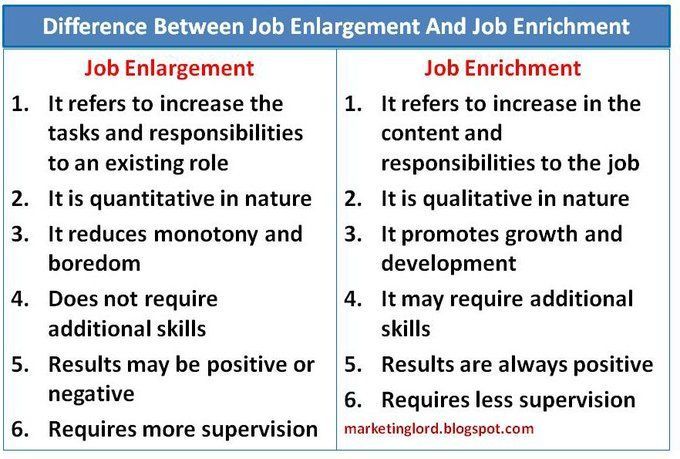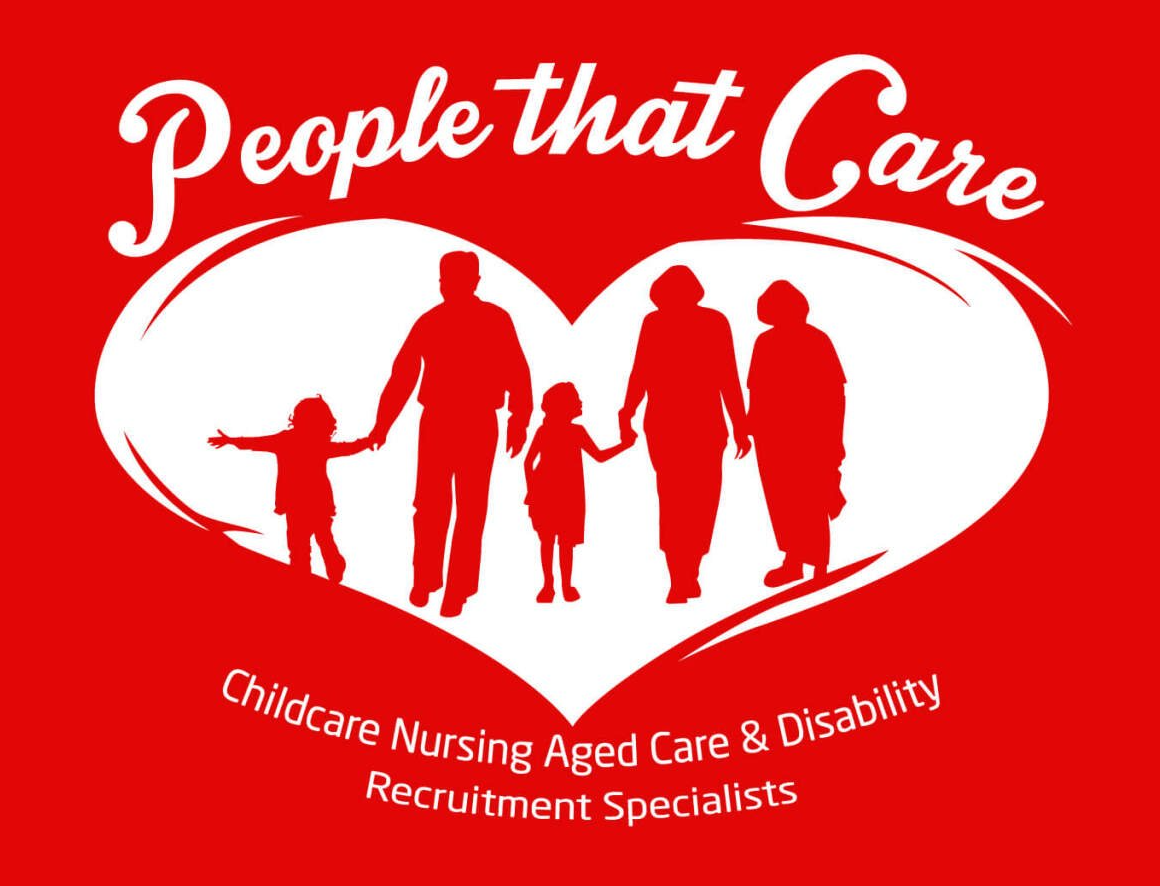Finding the right working culture will affect overall job satisfaction
Working culture is all the buzz these days when it comes to employer branding. According to many candidates, alignment with company culture plays a huge role in job satisfaction.
Think of your working culture as the personality of your organisation. It’s moulded from many elements including your company’s values, the office atmosphere, the people, and the work itself.
Especially when you’re working full time, finding the right office culture contributes greatly to job satisfaction and therefore job performance — it’s both the organisation’s and the job applicant’s best interest to find a culture-fit to match.
Finding the Right Working Culture
There is no one right way to run a company. Every organisation will have different styles depending on the organisation’s mission, values, and industry. Using Majer as an example, I’ll guide you through our culture and what drew me to work at Majer, so you might have a better idea of how to gauge another organisation’s culture.
If majer were a person, I would describe them as driven, committed, trendy, and caring. It’s the people I work with, our relationship with our clients, the work perks, and the office atmosphere that make up Majer’s personality.
These are the 4 things I love most about Majer’s working culture;
1. My colleagues are supportive
We have a flatline management structure. We’re encouraged to have open communication with other members on the team — no matter the position or seniority.
I find this style to work better for me over a hierarchical organisation because I find people to be more supportive and collaborative when it comes to communication.
The flatline management structure offers less bureaucracy than a traditional organisation hierarchy. In a flatline style, we have more autonomy over our projects, allowing us to own our work. When we need advice or direction, my colleagues are the best resources — I feel that my colleagues want to see me succeed in my role.
2. Our clients are a reflection of our values as a company
Recruitment is a truly rewarding career. We get to help candidates find their dream jobs and match them to organisations doing great things.
We love what we do, and I think it shows in our relationships with our clients. If we didn’t have a good work ethic and culture in our company, our clients wouldn’t want to deal with us.
3. Open office environment
We’re a small team, so I find it helpful to have all hands on deck. Since coming on board at Majer, I’ve found that I enjoy working in an open office environment. This only works when everyone on the team is supportive and beams positivity — it’s infectious.
4. Breaking away
It’s important to take regular breaks away from your work to refresh your mind. Without it, your productivity, your overall mental well-being, and work performance will suffer.
Foster an environment that encourages employees to step away from their screens — better yet, encourage breaks in the form of physical activities. Go for a walk, take a stretch break, or take a fitness class together.
If you’re lucky enough to have your office near a gym or fitness studio, they will often offer corporate rates for discounted sessions. At Majer, we see a personal trainer for group sessions twice a week. This not only gets our heart pumping and is an excellent stress reliever, but we also get to strengthen our relationships together in team building.
Looking for your next role?
Reflect on your current and past work cultures and make a note of what aspects you enjoyed about working with each organisation. What made you feel empowered, supported, stimulated, and excited about coming to work?
You can use this as your guide for the questions you can ask your interviewees to get a better understanding of the organisation’s working culture.
After all, we find that matching the values of the organisation and the employees are the best ways to ensure a great match.
Source https://www.majerrecruitment.com.au/working-culture/


People That Care Australia does not receive any funding to operate its business. All profits are used to improve the service we offer to Jobseekers.
USEFUL LINKS
FOLLOW US
STAY INFORMED
You need a helping hand with your project?
We will get back to you as soon as possible
Please try again later
CONTACT US
Contact Us
We will get back to you as soon as possible.
Please try again later.
All Rights Reserved | People That Care Australia
Made with 💛 by Shazamme
